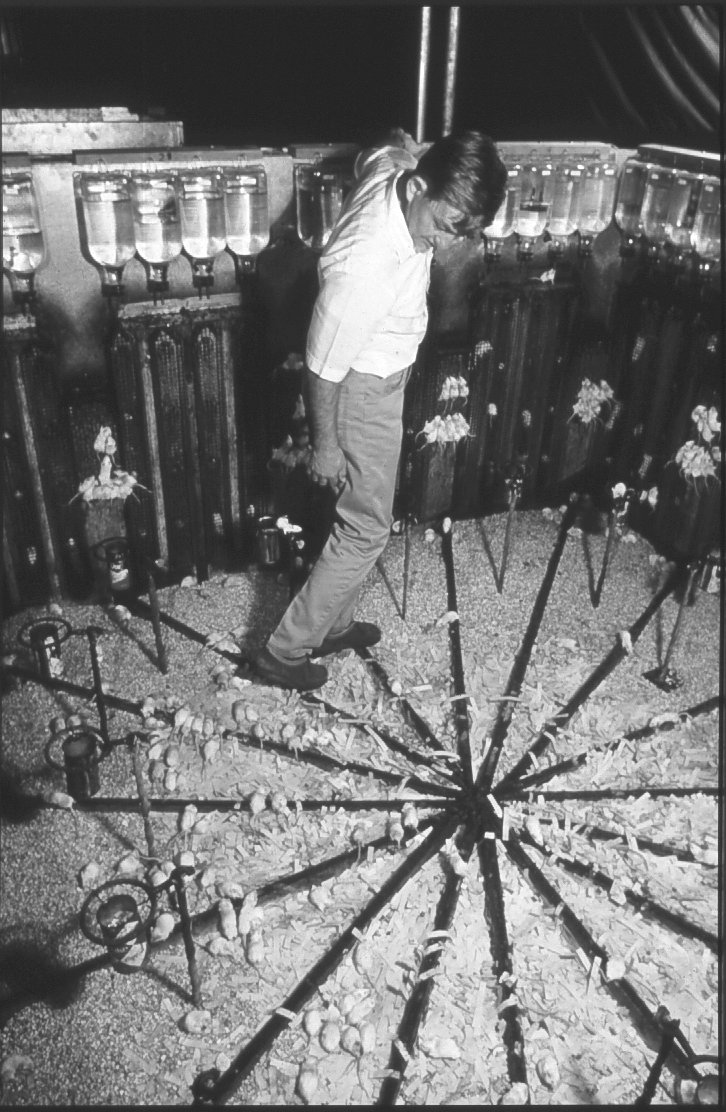It’s extremely interesting because no matter how Calhoun changed the variables within his experiments, the same thing would happen over and over. The behavior and end result very predictable. Why does this matter? I think it matters because I can see a trend happening in the human race itself. There is one nation in the world where the number of deaths are surpassing the number of babies being born: Japan. Japan is facing a very real problem, the population is shrinking and shrinking fast. In Japan, stores sell more diapers to the elderly than they do to newborn children.
Here’s why the second article I read about is so fascinating and why it’s relevant. Like I mentioned in my earlier post, Japan is a country of singles. Men don’t pursue the opposite sex, birth rates are in decline, does this sound familiar? In this article, the author explains the concept of hikikomori. The term basically is the equivalent of a person who has gave up on himself on society and never leaves home. The term shut-in defines as a person who never leaves the house other than for basic needs (like buying food). These people have pulled themselves out of society by choice. There are over 1 million Japanese people who currently have this problem.
This looks extremely similar to the social experiment John Calhoun created. In our modern society, we are essentially in a world where all our basic human needs are fulfilled, ex: food, shelter, lack of danger. What’s so similar with the case of Japan and the rat experiment is the lack of living space. Japan is a series of islands that is home to millions of people. Overpopulation is a big problem. Overpopulation was the tipping point for the breakdown of society in the rat experiments. Rats began to turn either violent or pulled themselves out of society. My theory is that the tipping point for Japan has been reached and we are our in the stage where the population will continue to drop until a point where it restores itself when overpopulation is no longer such a big problem. However, the problem with this is that the damage will be catastrophic by that time comes. With an aging population, economic problems arise. When half of the population is enjoying their retirement, the strain on the working class will bring burden to the economy as a whole. How do you expect the Japanese economy to flourish when only half the population is earning income? The breakdown of society looks very real.

There are a ton of factors that go into the problems Japan currently faces. Why does this even matter, after-all we aren’t in Japan? I think this phenomenon is also slowly occurring in the urban cities of America. The only difference is that the land mass here is a lot more spacious and we will not hit that tipping point anytime soon. But there is definitely something going on because in large urban populations, single men and women are increasingly having trouble finding a right partner. Whatever the reason might be, when the tipping point comes, you’ll know where you've read it first.
Documentary on hikikomori: http://vimeo.com/28627261

No comments:
Post a Comment